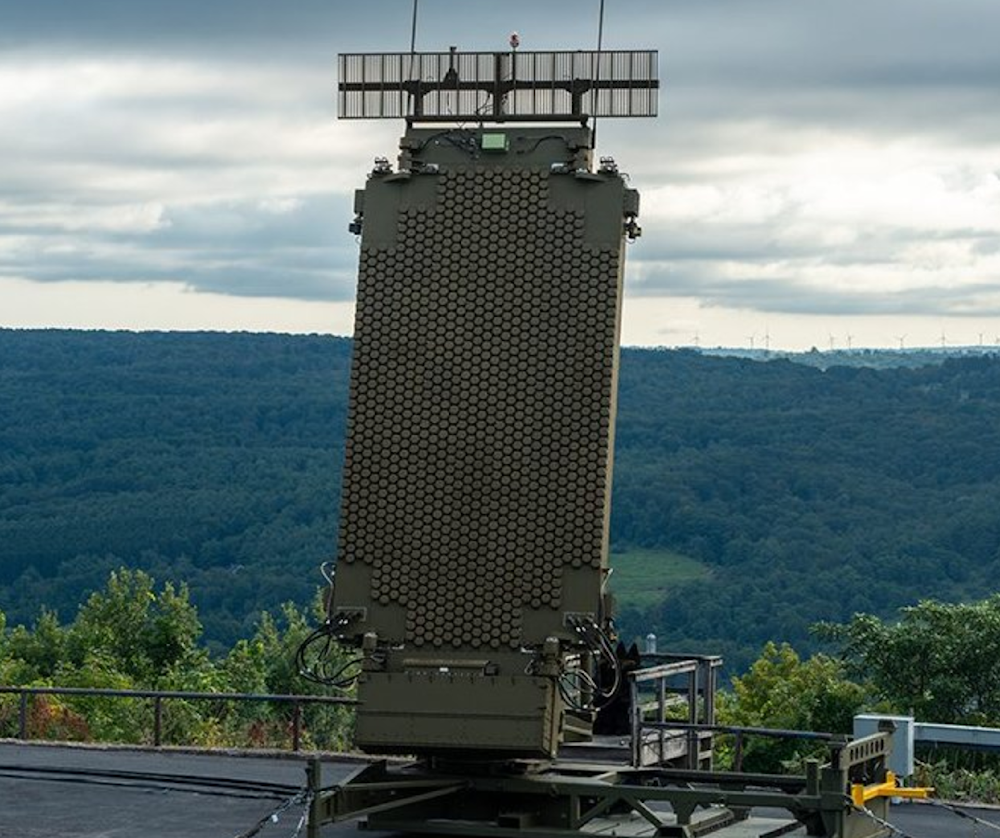Norway buys three more TPY-4 radars to boost arctic defense coverage
The TPY-4, commonly known as "NATO's eyes in the North," just passed the Critical Design Review (CDR), which confirmed that the radar design meets program objectives, according to Lockheed Martin.
-

A TPY-4 radar system (X)
Norway has ordered three extra sophisticated TPY-4 radar systems to increase its Arctic defense coverage, Lockheed Martin announced in a news statement on Wednesday.
According to the statement, "The Norwegian Defence Materiel Agency (NDMA) exercised a contract option to procure three additional TPY-4 radars from Lockheed Martin, bringing the new total to 11 of the ground-based multi-mission radars."
The TPY-4, commonly known as "NATO's eyes in the north," just passed the Critical Design Review (CDR), which confirmed that the radar design meets program objectives, according to Lockheed Martin.
Chandra Marshall, Lockheed vice president for Radar & Sensor Systems explained in the release that the firm's TPY-4 radars are "crucial components of Norway’s defense and are the most suitable choice for supporting all-domain deterrence in the Nordic region."
The firm explained that the TPY-4 radar system is a multi-mission sensor designed to improve the Norwegian Air Force's capacity to identify, track, and categorize aerial threats such as low-profile unmanned aerial systems (UAS), ballistic missile defense, and air traffic management.
Lockheed Martin shares reach all-time high amid geopolitical tensions
The US defense corporation Lockheed Martin reportedly saw a significant rise in its market capitalization during last month's trading with its stock reaching $560 before easing to $548.
The shares, which had previously climbed from $474 in late July to a peak above $548 in early August, surged following the company's strong Q2 financial results, which saw a 9% annual increase. Since the launch of Operation Al-Aqsa Flood on October 7, 2023, Lockheed Martin's stock has steadily increased, driven by investor expectations of greater defense spending amid the growing Middle Eastern unrest.
JP Morgan's Seth Seifman suggested that the stock's rise could be attributed to the increased demand for defense services in a volatile global environment.

 2 Min Read
2 Min Read








